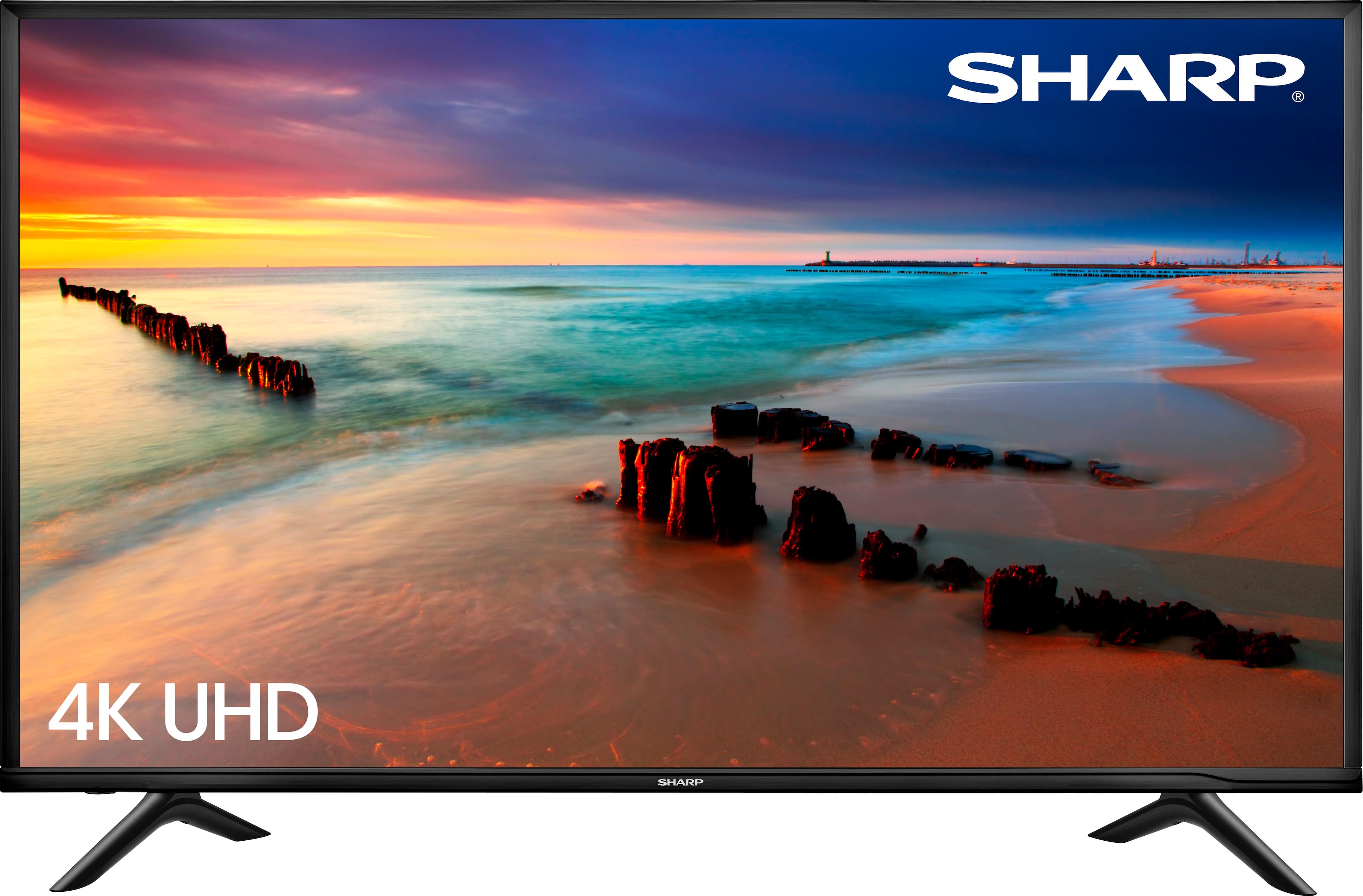Unforgettable '70s TV Shows: A Decade That Redefined Television
The 1970s was a truly unique period in American history, characterized by its distinctive fashion, the pulsating rhythm of disco, and the exciting emergence of video games. Amidst this vibrant cultural landscape, television underwent a profound transformation, with the era's TV shows of the 1970s becoming an integral part of daily life and a powerful mirror reflecting the societal shifts of the time. These weren't just programs; they were cultural touchstones that captivated audiences and set new standards for the medium.
Indeed, the 1970s stands out as a golden era for television. It was a time when shows began to boldly break away from the conventional molds of earlier programming, evolving into something far more diverse, innovative, and remarkably socially conscious. From groundbreaking sitcoms that tackled sensitive issues with humor to thrilling dramas that kept viewers on the edge of their seats, the decade left an indelible mark on popular culture. Join us as we take a nostalgic journey back to explore the best TV shows of the 1970s and understand their lasting legacy.
Table of Contents
- The Dawn of a New Era: Television's Transformation in the 1970s
- Sitcoms: The Reigning Kings of Primetime
- Crime Dramas: Solving Mysteries with Style
- Science Fiction and Beyond: Exploring New Worlds
- Dramas That Gripped the Nation: Power, Ambition, and Reality
- Variety Shows and Children's Programming: Entertainment for All Ages
- The Undeniable Influence: How 1970s TV Shaped the Future
- A Nostalgic Look Back: Why These Shows Still Matter
The Dawn of a New Era: Television's Transformation in the 1970s
The 1970s wasn't just another decade for television; it was a period of profound redefinition. The very techniques of television production and the ways in which shows were rated underwent significant changes, laying the groundwork for future successful efforts. While today we're accustomed to a dizzying array of cable channels and streaming services, the landscape of the 1970s was much simpler. Cable did exist, but its primary offerings were limited to sports, special events, and movies. This meant that the vast majority of the best TV shows of the 1970s aired exclusively on the three major broadcast networks: ABC, NBC, and CBS. These networks were the gatekeepers of entertainment, shaping what millions of Americans watched every night. The limited options, paradoxically, often led to higher viewership for popular shows, creating shared national experiences around the water cooler the next day. This era saw a refreshing variety of shows emerge, from lighthearted variety acts to complex alien conspiracy narratives, and even beloved puppet shows designed specifically for children. The medium was truly coming into its own, reflecting a broader range of interests and evolving tastes across the nation.Sitcoms: The Reigning Kings of Primetime
Throughout the 1970s, sitcoms, or situation comedies, continued their undeniable dominance over primetime television. These shows were the bedrock of network programming, consistently drawing massive audiences with their relatable characters, witty dialogue, and often, their surprising depth. While the format itself wasn't new, the 70s saw sitcoms evolve, pushing boundaries and addressing themes that were previously considered taboo for mainstream television. They moved beyond simple domestic squabbles to tackle complex social issues, reflecting the changing attitudes and growing awareness of the American public. This era truly cemented the sitcom's place not just as a source of laughter, but as a powerful vehicle for cultural commentary and social discourse. The success of these shows proved that audiences were ready for more than just escapism; they wanted entertainment that resonated with their real-world experiences and challenged their perspectives.Beyond Laughter: Sitcoms as Social Commentary
The 1970s saw sitcoms transform from mere comedic relief into potent platforms for social commentary. Popular shows of the decade included groundbreaking series like "All in the Family," which fearlessly tackled controversial topics such as racism, sexism, and political divides through the lens of a working-class family. This show, in particular, demonstrated how humor could be used to provoke thought and encourage dialogue about uncomfortable truths. Another iconic example that truly screams "this is a show from the 1970s!!!" is CBS's "The Mary Tyler Moore Show." This series was revolutionary in its depiction of society, focusing on an independent, single career woman navigating the professional world in a way that resonated deeply with the burgeoning women's liberation movement. It challenged traditional gender roles and presented a positive, empowering image of female ambition. These sitcoms were not just entertaining; they played a pivotal role in reflecting and even guiding public sentiment during a time of significant social change. They showed how television could emerge as a powerful cultural force, shaping societal attitudes and leaving a lasting influence on American life by presenting diverse viewpoints and challenging norms, all while keeping audiences thoroughly entertained.Crime Dramas: Solving Mysteries with Style
As the 1970s progressed, two genres steadily rose in prominence, capturing the imagination of viewers: crime shows and science fiction dramas. Crime dramas, in particular, became a staple of network television, offering thrilling narratives of justice, mystery, and often, high-octane action. The stars of these crime dramas quickly became household names, instantly recognizable by their distinctive "feathered hair and serious dispositions," a quintessential look of the era. These shows often featured charismatic leads, compelling cases, and a certain gritty realism that appealed to audiences. A prime example that perfectly embodies this genre is "CHiPs." This popular series introduced viewers to the dynamic duo of Frank "Ponch" Poncherello and Jon Baker, two motorcycle patrol officers with the California Highway Patrol. Their adventures, filled with daring chases, accident investigations, and the occasional lighthearted moment, showcased the daily lives and challenges faced by law enforcement. Crime dramas of the 70s were more than just procedural; they often explored themes of morality, justice, and the complexities of urban life, solidifying their place as a significant and influential part of the decade's television landscape.Science Fiction and Beyond: Exploring New Worlds
Beyond the realm of gritty crime dramas, the 1970s also witnessed a significant surge in the popularity of science fiction dramas. This genre provided a vital escape into speculative futures, alien encounters, and technological wonders, reflecting a growing public fascination with space exploration and the unknown. These shows often delved into complex themes, from the ethical implications of scientific advancements to the existential questions posed by "alien conspiracies" and life beyond Earth. The refreshing variety of shows in the 70s extended far beyond just sitcoms and crime procedurals. Television embraced diverse narratives, offering something for every taste. This included everything from the aforementioned variety shows, which brought musical acts and comedy sketches into living rooms, to intricate sci-fi narratives that sparked imagination and debate. The decade truly encouraged innovation, allowing creators to experiment with different storytelling formats and genres, which ultimately enriched the viewing experience for everyone. This openness to new ideas helped to solidify television's role as a dynamic and evolving medium, capable of exploring a vast array of human experiences and fantastical possibilities.Dramas That Gripped the Nation: Power, Ambition, and Reality
The 1970s was a remarkable period for television dramas, giving rise to shows that not only entertained but also deeply resonated with the public, often sparking national conversations. These dramas explored complex human emotions, societal structures, and the darker side of ambition, captivating audiences with their compelling storylines and memorable characters. The list of the best 1970s drama TV shows, as ranked by viewer votes, consistently features series that pushed boundaries and redefined what television drama could achieve. From family sagas filled with betrayal to poignant reflections on war, these shows became cultural phenomena, demonstrating television's increasing power to tell intricate, long-form stories that mirrored, and sometimes even influenced, real-world events and sentiments.The Power Plays of "Dallas"
Few dramas captured the nation's imagination quite like "Dallas." This iconic series, which began its run in the late 1970s, quickly became a global phenomenon. At its heart was J.R. Ewing, a ruthless Texas oil baron who became synonymous with manipulation and blackmail. J.R. Ewing used every trick in the book to achieve his ambitions, both in his cutthroat business dealings and his convoluted personal life. The show's narrative revolved around the wealth, power, and often scandalous lives of the Ewing family, delving into themes of greed, rivalry, and betrayal. "Dallas" was a masterclass in serialized storytelling, with cliffhangers that kept viewers glued to their screens week after week, desperate to know what schemes J.R. would concoct next or which family secret would be exposed. Its immense popularity not only cemented its place as one of the best TV shows of the 1970s but also paved the way for future prime-time soap operas, demonstrating the enduring appeal of high-stakes drama centered around powerful, flawed characters.War, Wit, and Wisdom: The Enduring Legacy of "M*A*S*H"
When asked which TV show screams "the '70s," thousands of Rotten Tomatoes users overwhelmingly chose "M*A*S*H." This beloved series, set during the Korean War, followed the lives of an army surgical unit, blending sharp wit with poignant commentary on the horrors of war and the human condition. The show's ability to seamlessly shift between laugh-out-loud comedy and heartbreaking drama was unparalleled, earning it wide critical acclaim and immense popular appreciation. Unlike many shows that offered pure escapism, "M*A*S*H" used its unique setting to explore deeper themes of camaraderie, absurdity, and resilience in the face of adversity. The characters, from the wisecracking Hawkeye Pierce to the compassionate Colonel Potter, became iconic figures, their struggles and triumphs resonating deeply with audiences. The series, which ran for eleven seasons, evolved significantly over its run, becoming more dramatic and socially conscious, reflecting the changing times and the lingering impact of the Vietnam War on American society. Its remarkable longevity and enduring popularity underscore its status as one of the most significant and best TV shows of the 1970s, a true masterpiece that continues to be celebrated for its intelligence, humor, and heart.Variety Shows and Children's Programming: Entertainment for All Ages
The diverse tapestry of TV shows of the 1970s extended far beyond sitcoms and dramas, encompassing a wide array of entertainment designed to appeal to every member of the family. Variety shows, a format that had been popular for decades, continued to thrive, bringing a mix of music, comedy sketches, and celebrity appearances directly into American living rooms. These programs were often star vehicles for popular entertainers, offering a wholesome and engaging form of collective viewing. Think of the dazzling performances and guest stars that graced these stages, providing a sense of shared cultural experience. Simultaneously, the 1970s was a vibrant decade for children's programming, with shows specifically crafted to educate and entertain younger audiences. This era saw the rise of imaginative and often groundbreaking children's series, including those featuring beloved puppets. These shows were designed not just to occupy children, but to foster learning, creativity, and social skills through engaging storytelling and memorable characters. The sheer breadth of programming available in the 70s, from sophisticated adult dramas to whimsical children's shows, underscores television's growing role as a comprehensive entertainment provider, catering to a wide demographic and reflecting the varied interests of the American populace. This commitment to diverse content ensured that television remained a central fixture in homes across the nation.The Undeniable Influence: How 1970s TV Shaped the Future
The profound impact of the TV shows of the 1970s cannot be overstated. This decade truly redefined television ratings and techniques, setting new benchmarks for storytelling, character development, and production values. The shows themselves would go on to influence later, successful efforts across all genres, from the serialized dramas that followed "Dallas" to the socially aware sitcoms that built upon the legacy of "All in the Family." In the 1970s, television emerged as a powerful cultural force, moving beyond mere entertainment to actively shape societal attitudes and leave a lasting influence on American life. You’ll discover how these TV shows not only entertained but also played a pivotal role in reflecting and even guiding public sentiment during a time of significant change. The medium became a forum for discussing complex issues, challenging norms, and showcasing diverse perspectives, thereby contributing to the broader social dialogue. Television’s role in social change became undeniable, as it brought new ideas and challenging narratives into millions of homes, fostering understanding and sometimes, sparking debate. The innovative spirit of the 70s laid the groundwork for the rich and varied television landscape we enjoy today.A Nostalgic Look Back: Why These Shows Still Matter
Looking back at the TV shows of the 1970s is more than just a trip down memory lane; it's an exploration of a pivotal decade that profoundly shaped the television landscape. The 1970s was a golden era for television, with a variety of shows that pushed boundaries, broke new ground, and left an indelible mark on popular culture. From the groundbreaking sitcoms that dared to tackle sensitive social issues with humor, to the thrilling dramas that explored the depths of human ambition and the complexities of war, these programs were not merely fleeting entertainment. They were cultural touchstones that reflected, challenged, and even guided the public sentiment of a rapidly changing nation. The influence of these best shows of that decade can still be felt today, in the narratives, character archetypes, and production techniques that continue to define modern television. They remind us of a time when television was a central, unifying force, bringing families together and sparking national conversations.Conclusion
The 1970s truly stands as a transformative period for television, a decade where the medium blossomed into a diverse, innovative, and socially conscious force. From the continued dominance of sitcoms that dared to be more than just funny, to the rise of gripping crime dramas and thought-provoking science fiction, the TV shows of the 1970s left an undeniable and lasting mark on popular culture. Series like "Dallas" and "M*A*S*H" captivated audiences with their unique blend of storytelling and social commentary, while "The Mary Tyler Moore Show" redefined the role of women on screen. This era of television was not just about entertainment; it was about reflection, discussion, and pushing the boundaries of what was possible on the small screen. We hope this nostalgic journey has illuminated the richness and significance of the television landscape of the 1970s. These shows were more than just programs; they were a vital part of the cultural fabric, influencing generations and setting the stage for the television we know today. What are your favorite TV shows from the 1970s? Did any of these classics shape your view of the world? Share your thoughts and memories in the comments below, and perhaps revisit some of these timeless gems to experience the magic of 70s television for yourself!
Customer Reviews: Samsung 55” Class CU7000 Crystal UHD 4K Smart Tizen

Best Buy: TCL 43" Class 4-Series LED 4K UHD Smart Google TV 43S446

Customer Reviews: Sharp 60" Class LED 2160p Smart 4K UHD TV with HDR LC